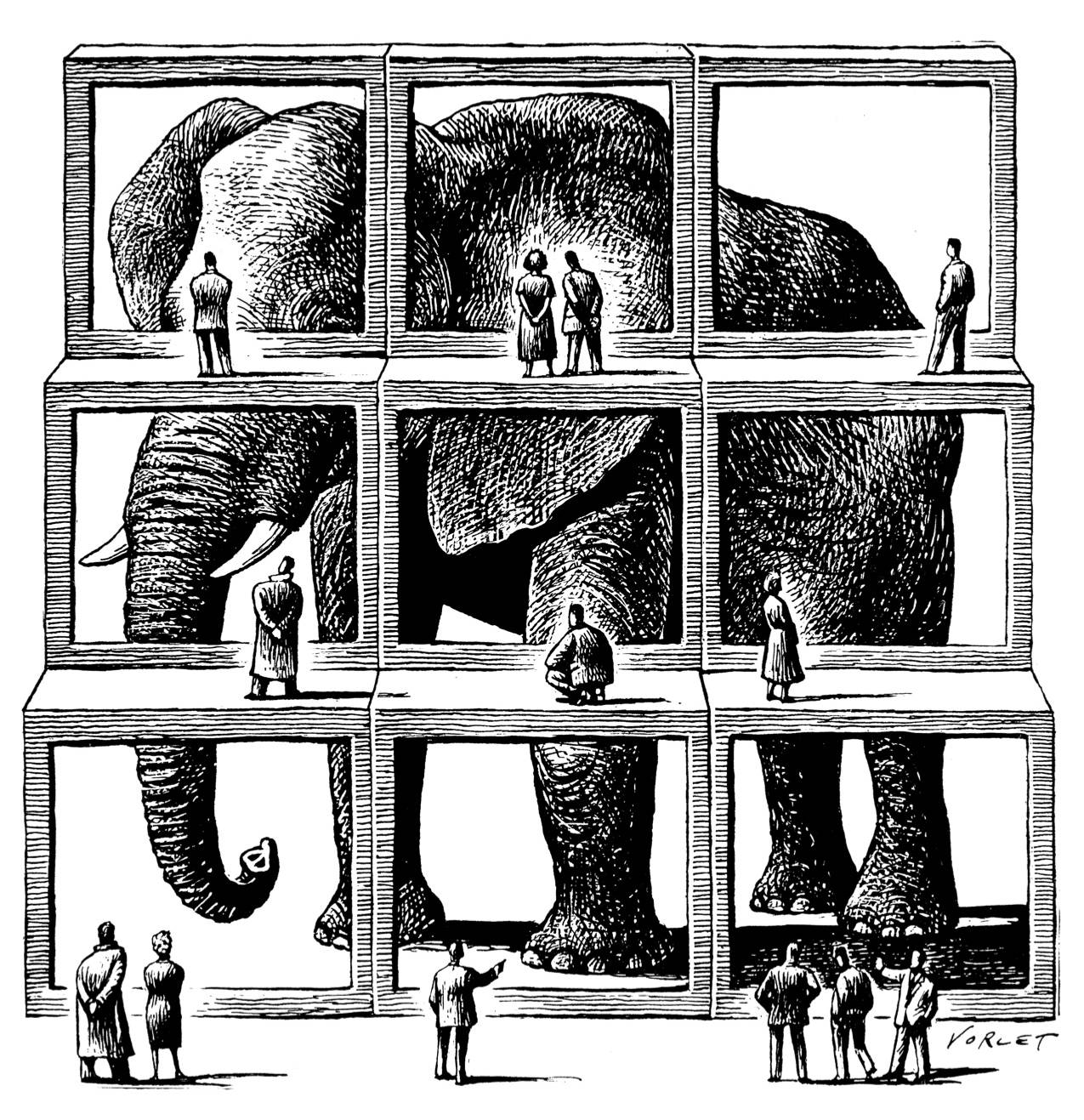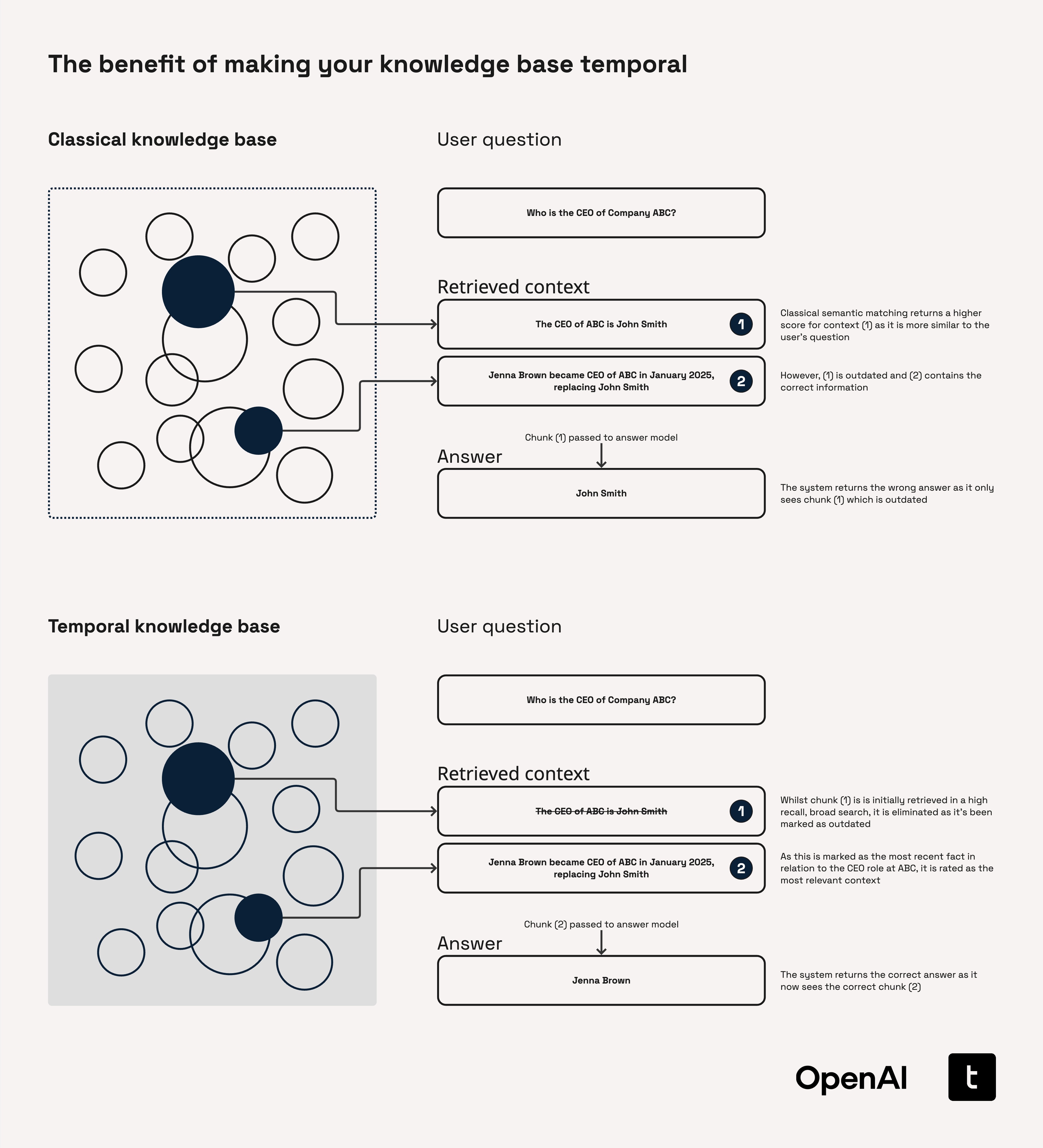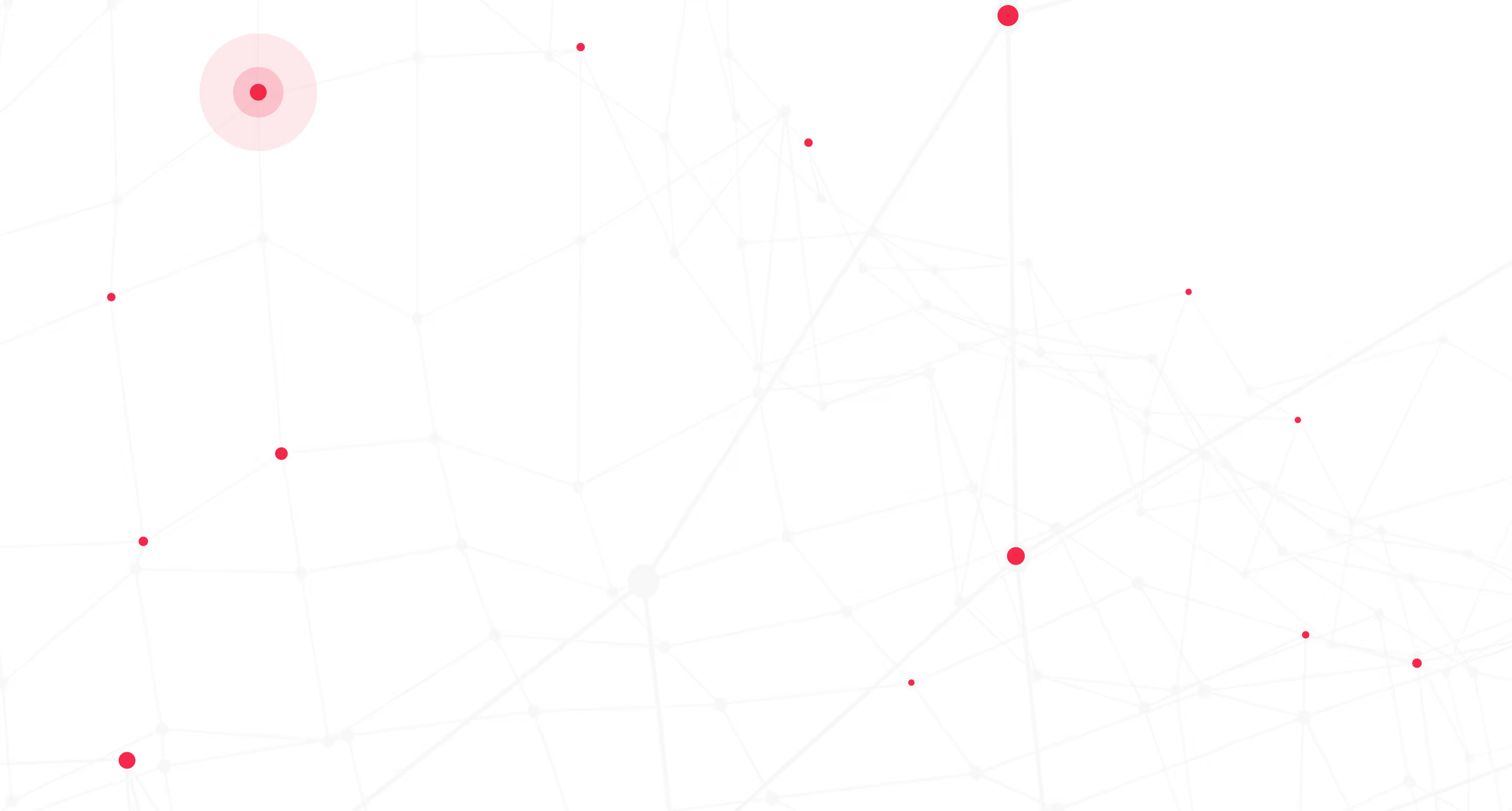Win-Win or Lose-Lose? A Guide to the Prisoner's Dilemma


Have you ever wondered when it’s better to cooperate versus when you should just look out for yourself? This is one of the oldest questions in human interaction, and a famous concept from game theory helps explain it perfectly: The Prisoner’s Dilemma.
First conceptualised in the 1950s, this framework elegantly shows why two completely rational individuals might not cooperate, even when it appears that it is in their best interest to do so. It reveals a fascinating conflict between self-interest and the collective good that can lead to disastrous outcomes for everyone involved - including you!
The Classic Scenario: Two Suspects, One Tough Choice
Here’s how it works. Imagine two suspects are arrested for a crime and are being interrogated in separate rooms with no way to communicate. The prosecutor doesn’t have enough evidence for a major conviction unless one of them confesses.
They present each suspect with the same deal:
- If you betray your partner (confess) and they stay silent, you go free. Your partner gets the maximum sentence (3 years).
- If you stay silent but your partner betrays you, you get the maximum sentence (3 years), while they go free.
- If you both betray each other, you both get a moderate sentence (2 years).
- If you both stay silent (cooperating with each other), you both get a minor sentence (1 year).
So, What’s the Dilemma?
The Temptation to Betray: No matter what your partner does, betraying them seems to offer a better personal outcome. If they stay silent, you go free. If they betray you, you get 2 years instead of 3. This makes betrayal the dominant “selfish” strategy.
The Power of Cooperation: The best overall outcome for both of you is to cooperate and stay silent, resulting in a combined sentence of only two years. However, this requires immense trust. Can you be sure your partner won’t choose to betray you for a chance to walk away free?
This tension is the heart of the dilemma. Pursuing your own self-interest, without regard for the other person, often leads to a worse result than if you had both trusted each other and cooperated.
The Prisoner’s Dilemma in the Real World
This isn’t just a hypothetical game; this dynamic plays out constantly in economics, politics, and our daily lives.
🍎 Price Wars: When two companies dominate a market, they could cooperate to keep prices stable and enjoy healthy profits. However, one company might choose to betray the other by aggressively cutting prices (like Apple did initially) to capture market share, forcing the competitor to do the same and ultimately hurting profits for both.
😷 Pandemic Stockpiling: During the COVID-19 pandemic, the best collective action was for everyone to buy only what they needed. However, individuals, acting in their own perceived self-interest, chose to stockpile goods. This “betrayal” of the social contract led to widespread shortages, a worse outcome for everyone.
📈 The GameStop Saga: In a fascinating counter-example, thousands of individual investors on Reddit’s r/wallstreetbets chose mass cooperation. By collectively agreeing to “hold the line” and not sell their shares, they worked together against the perceived self-interest of taking small profits, creating a major challenge for large hedge funds.
What other applications can you think of, and how would you decide whether to cooperate or betray?
Interested in the code behind the theory? See how we implemented the Prisoner's Dilemma during NetSci 2022!

You might also like
Discover insights and tools for data analysis.

The hidden failures of transformation

Why delivery optimisation is making transformation worse

The Missing Link for AI Agents: Why a Native Temporal Graph is Non-Negotiable

Unlock Your
Data's Potential
Discover how our tool transforms your data analysis with a personalized demo or consultation.